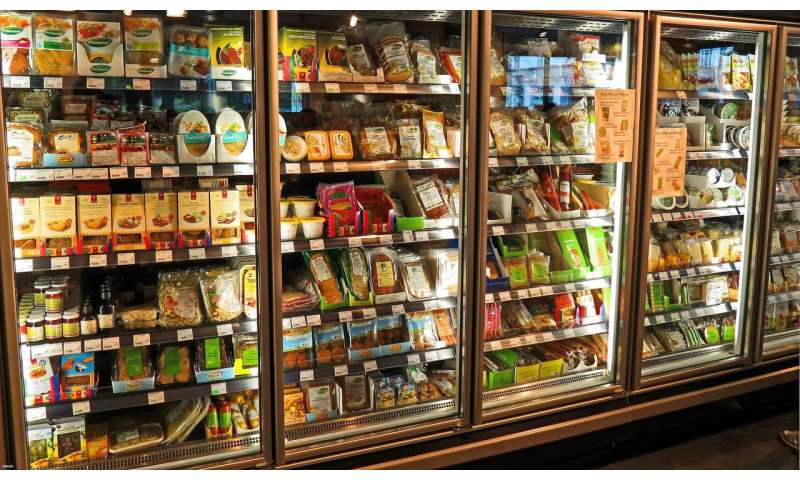
Students at North Carolina’s 10 historically Black colleges and universities (HBCUs) face limited options for finding healthy food to buy at stores within a 5-mile radius of their campuses, a new study shows.
More than two-thirds of the food and beverage retailers surrounding each of the 10 campuses fall into an “unfavorable” category for offering good nutritional options—meaning they primarily sell processed snack foods, sweets, alcohol, sugary drinks and other food products that do not necessarily contribute to a healthy diet.
Policymakers, community members and researchers should work together to address this disparity, the study’s authors say, because the proximity of healthy food retailers to university campuses is an important factor in supporting healthy eating behaviors among students.
“Interventions to improve food environments surrounding these HBCUs are needed,” said Helene Vilme, a social scientist in the Department of Population Health Sciences at Duke University’s School of Medicine, who led the study.
John P. Fay, a geospatial analysis specialist at Duke’s Nicholas School of the Environment, used GIS technology to develop the maps used to evaluate the off-campus food environment. He said the next step is to expand the study to HBCUs in other states and conduct similar evaluations of off-campus food environments around predominantly white institutions.
“Our findings suggest we need to look more closely at the distribution of these stores to see if this is a pattern specific to HBCUs or one that is more generally found around all campuses,” Fay said.
The study evaluated retail food environments within a 5-mile radius, 15-minute walking distance, and 15-minute driving distance of Bennett College, Elizabeth City State University, Fayetteville State University, Johnson C. Smith University, Livingstone College, North Carolina A&T State University, North Carolina Central University, Saint Augustine’s University, Shaw University and Winston-Salem State University.
Overall, 332 stores within a 15-minute drive of the campuses were classified as “favorable” for selling healthy food and drinks options, compared to 1,082 stores that were classified as “unfavorable.” Convenience stores, liquor stores and bakeries or candy shops were collectively three times more common than supermarkets, health food stores and produce markets.
Stores within the study areas were identified using the 2017 ReferenceUSA database, which lists and categorizes all U.S. businesses.
Source: Read Full Article
